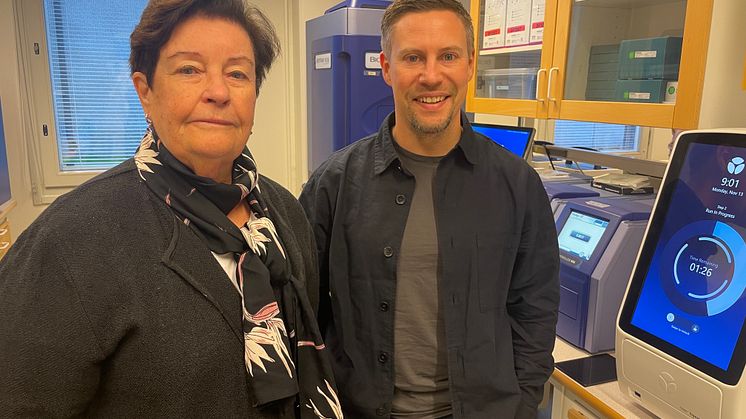Women vulnerable in peace processes
New research: Post-war peace processes are a dangerous period for women, who are forced to live close to men who committed serious abuse during the war, which can be stigmatising. Women safety is not a political priority after war. There is great potential for improvement, if the UN were to start making more space for women’s perspectives, writes peace- and conflict researchers in PLOS One.












